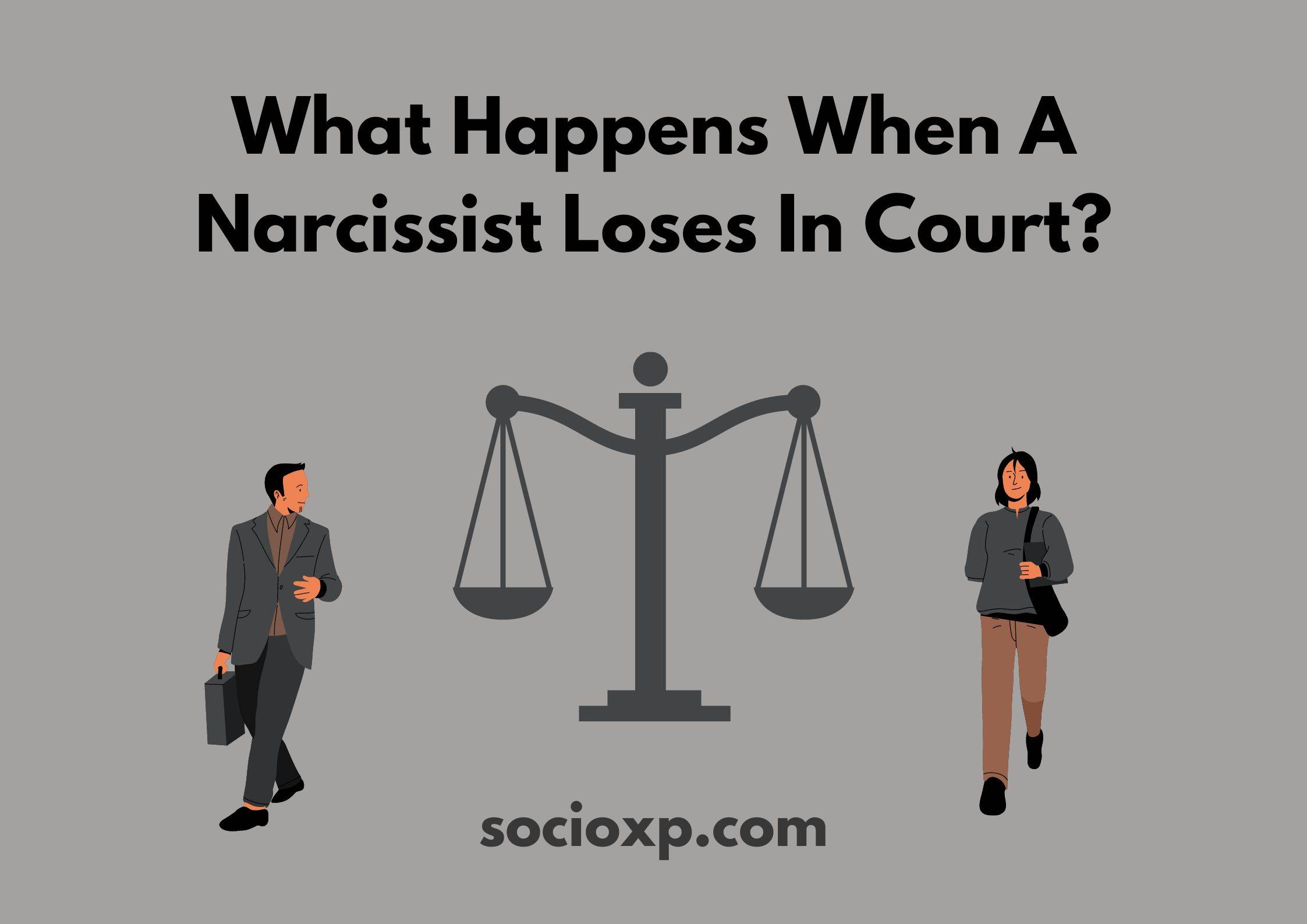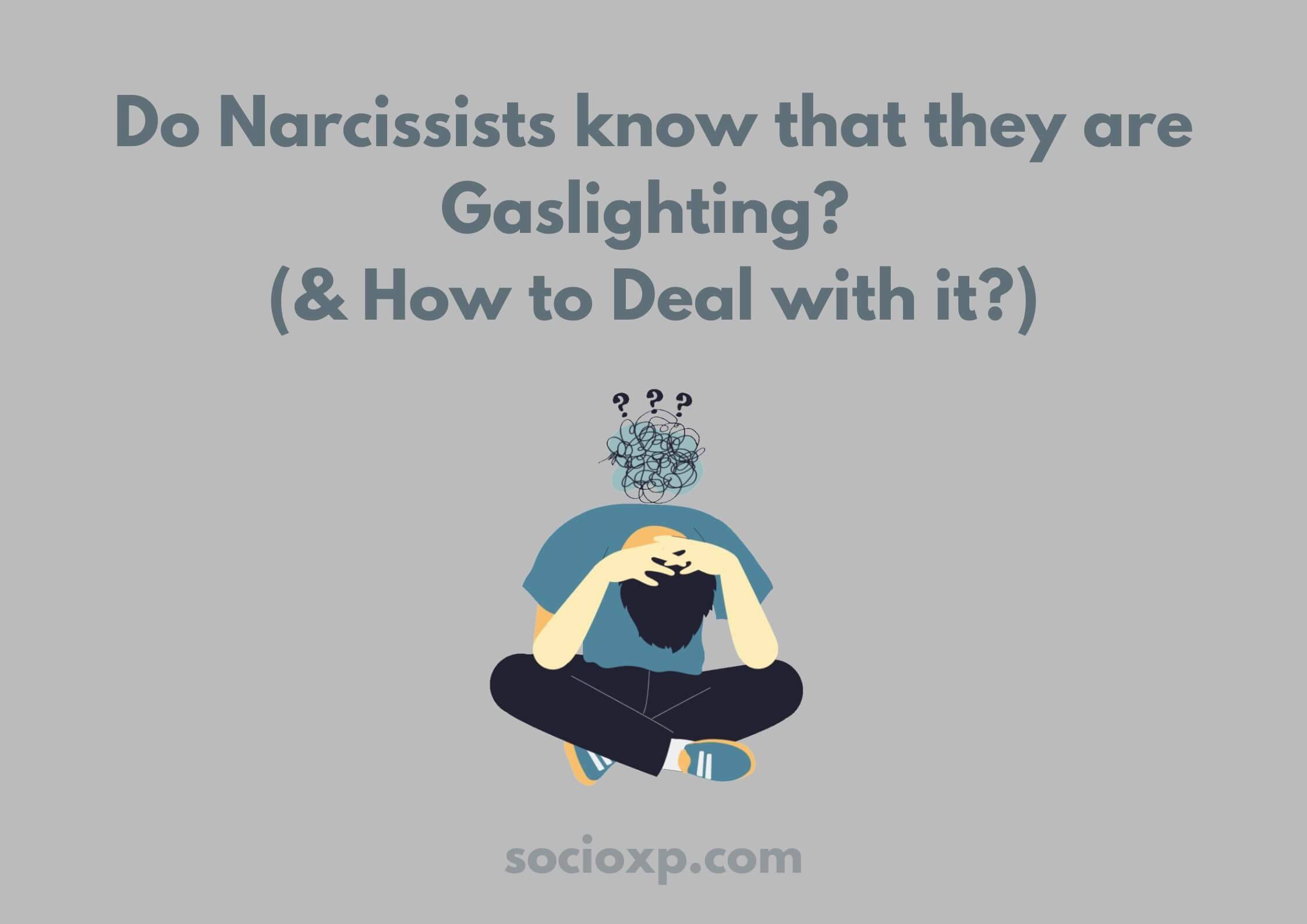Which Personality Type Is Most Prone To Narcissism?
Which Personality Type is most Prone to Narcissism? To test the credibility of the answers, this article will be providing answers based on the 16 Personalities-personality test which has evolved from the Myers-Briggs Type Indicator (MBTI). There are a few major personality test models like the Myers-Briggs Type Indicator (MBTI), Type A, B, C, and D Personalities, The Big 5, 16 Personalities, and a few more probably. But this article will be providing the answers to the question, “Which Personality Type Is Most Prone To Narcissism?” solely based on the 16 Personalities test which has emerged from the Myers-Briggs Type Indicator (MBTI) personality test.
Let us get going further and know more about the 16 Personalities- personality test and how it would be helping in determining the personality type that is more inclined to engage with narcissism.

More about the Myers-Briggs Type Indicator (MBTI) and the 16 Personalities Test
The Myers-Briggs Type Indicator (MBTI), is a personality test developed by a mother-daughter duo namely, Katherine Briggs and Isabel Briggs Myers during the 1920s. This personality test incorporates the theory of personality types presented by the Swiss psychiatrist and psychoanalyst; Carl Jung. According to the research provided by Katherine Cook Briggs, there are four temperaments proposed by her; meditative, spontaneous, executive, and social.
Then according to this Personality test, a Socionics Theory (Psychology and Sociology) was derived which helped in processing and analyzing the different personality types. This theory includes a total of eight categories that are responsible for the psychological and psyche functions.
The eight categories of the Socionics Theory that are intended to determine the psychological compatibility of individuals based on information include;
Extraversion (E)
Sensing (S)
Thinking (T)
Judgment (J)
Introversion (I)
Intuition (N)
Feeling (F)
Perception (P)
Socionics Therapy segregates people into 16 different personality types based on these 8 categories, which are known as Sociotypes; which are as mentioned below;
- ESTJ – (Extraversion-Sensing-Thinking-Judgement)
The ESTJ Personality type is likely to be the supervising individuals. This personality loves to work in management positions and is organized and has the enthusiasm to work in that is beneficial for society.
- ENTJ – (Extraversion-Intuition-Thinking-Judgement)
The ENTJ Personality type focuses on rational and logical things. They love respect and are born to be leaders. They love to take charge of things. They are strategic planners and love challenges in their life.
- ESFJ – (Extraversion-Sensing-Feeling-Judgement)
The ESFJ Personality type is typical extrovert individuals. They are outgoing, and cheerful and hence are popular and liked by all. They are the individuals who believe and go with their gut feeling and they are the people who live in today.
- ENFJ – (Extraversion-Intuition-Feeling-Judgement)
The ENFJ Personality type is people-centric. They are imaginative, empathetic, and intuitive and focus on the abstract that is not in the present but in the future. They can easily understand the feelings of other people and thus they are considered humanitarian.

- ISTJ – (Introversion-Sensing-Thinking-Judgement)
The ISTJ Personality type is serious, formal, calm, logical, and conventional which may come as intimidating to others. They love details and love to follow rules and regulations. They usually have a small circle and are stable and loyal.
- ISFJ – (Introversion-Sensing-Feeling-Judgement)
The ISFJ Personality type is warm, kind-hearted, generous, and loves to give back to society. They are usually the people behind the scenes as they are introverted yet detail-oriented.
- INTJ – (Introversion-Intuition-Thinking-Judgement)
The INTJ Personality type is a complete introvert who does not like to socialize. They are excellent at building strategies, problem-solving, and analysis. They are highly organized and always achieve solutions to most problems due to their logical reasoning and prefer to work alone.
- INFJ – (Introversion-Intuition-Feeling-Judgement)
The INFJ Personality type is someone who has a different version of the world than we all perceive. They are idealists who love understanding complex problems. They are cooperative, empathetic, and sensitive.
- ESTP – (Extraversion-Sensing-Thinking-Perception)
The ESTP Personality type is risk-taking, impulsive, and loves abstract theories. They are not afraid of making mistakes and hence they are flexible but also unpredictable. They are disciplined, observant, and action-oriented.
- ESFP – (Extraversion-Sensing-Feeling-Perception)
The ESFP Personality type seems entertaining to others. They love exploring, learning, facts, being spontaneous, using artistic values, and sharing. They love to have the limelight on them.
- ENTP – (Extraversion-Intuition-Thinking-Perception)
The ENTP Personality type is logical, spontaneous, exciting, rational, and knowledgeable. They love exploring new ideas and coming across challenges. They are someone who does not like making small talk and are highly intuitive.
- ENFP – (Extraversion-Intuition-Feeling-Perception)
The ENFP Personality type is someone who thinks outside the box. They are thoughtful, and perceptive, values feelings, and is expressive, and do not fear to show affection.
- ISTP – (Introversion-Sensing-Thinking-Perception)
The ISTP Personality type is highly logical and rational yet mysterious. They can easily hide their true nature and are unpredictable most of the time.
- ISFP – (Introversion-Sensing-Feeling-Perception)
The ISFP Personality type is spontaneous, friendly, fun-loving, and caring but is introverted. They love exploring, discovering, and creating new experiences hence are true art appreciators. They do not like being in the limelight.
- INTP – (Introversion-Intuition-Thinking-Perception)
The INTP Personality type is someone with brilliant ideas and can easily spot something when it is out of place. They are deep thinkers, imaginative, flexible, independent, and inspiring.
- INFP – (Introversion-Intuition-Feeling-Perception)
The INFP Personality type is someone who loves peaceful and quiet places. They are reserved, and analytical and can easily draw conclusions as to what is happening around them. They are imaginative, emotional, and visionaries but introverts.
Now that we know a few details about each personality type, let us draw conclusions for the question, Which Personality Type Is Most Prone To Narcissism?

Which Personality Type is most Prone to Narcissism?
NOTE:
This article does not intend to blame, claim or point fingers at any kind of personality, these conclusions are assumption based and those assumptions are drawn by including the psychology expert’s conclusions and suggestions. There are also no such claims that prove that people who belong to these personality types are meant to be or are rigidly narcissists. These undertakings are not supposed to be explicit.
If we draw conclusions according to the personality types and also take into consideration what psychology experts and mental health experts have suggested then we can conclude that INTJ and INTP are those personality types that are more likely to be prone to narcissism. They are highly logical and thus might be able to twist the reality of the situation where they tend to get in trouble.
What Personality Type would be Narcissists most prominently?
NOTE:
This article does not intend to blame, claim or point fingers at any kind of personality, these conclusions are assumption based and those assumptions are drawn by including the psychology expert’s conclusions and suggestions. There are also no such claims that prove that people who belong to these personality types are meant to be or are rigidly narcissists. These undertakings are not supposed to be explicit.
If we draw conclusions according to the personality types and also take into consideration what psychology experts and mental health experts have suggested then we can conclude that; ESTP, ENTJ, ENTP, and INTJ are those personalities that are likely and prominently more prone to be Narcsists. These personality types can be viewed as highly competitive, impulsive, unpredictable, and likely to be leaders that are they love to have control or someone who loves to accept challenges; thus they can be viewed as intimidating. Hence these personalities are likely to fall prey to narcissism due to certain qualities.
Would it be appropriate to tag a person with a certain personality trait or type a narcissist? – Absolutely not! But the assumptions that are presented above can more or less likely result in the personality type prone to narcissism if not given enough mindfulness and not attended to properly.

Every human possesses these traits of ego, admiration, inquisitiveness, complexity of relationships, self-worth, self-praise, control over situations in life as much as possible, expecting attention from others, some troubles in relationships, rudeness, selfishness, lack of self-reflection, and all such traits that make us human. It is just that people who possess these in more amounts due to certain situations in life, parental pressure, and many more reasons are declared as narcissists and in psychological terms, such people suffer from NPD(Narcissistic Personality Disorder). They portray these emotions or in this case negative traits in a greater magnitude than others.
Now to relate narcissism with the above-mentioned personality types, let us get to know about a narcissist and why certain personality falls under the category to be prone to being close to narcissism.
What is a Narcissist?
A Narcissist is an individual who is often defined as a difficult individual, very difficult to live with, and tough to endure. A Narcissist is an individual who is excessively obsessed to have control, also they expect everyone around them to focus just on them.
Narcissistic Personality Disorder is a mental health condition, where the patient has extremely high admiration for themselves, including boosted self-esteem, self-centeredness, high self-worth, boosted ego, and a low tolerance for criticism, emotions, and attachments.
They intend to be the center of attraction in all situations. They should be the elephant in the room all the time, are control freaks, are sly, mean, selfish, and much more. Most importantly Narcissists lack empathy on many occasions until it affects them. Narcissists do know empathy, but they never tend to caring, understanding, and easygoing for others as they think vulnerability and being soft to others are negative traits that can be used against them.
A narcissist is capable of feeling all emotions, it is just that they d not acknowledge them and express them due to their vulnerabilities. They fear expressing emotions can make them emotionally weak and vulnerable to their partner. They fear that once they surrender to their feelings they might lose control. Narcissists are incapable of understanding and exchanging feelings with others. They are self-obsessed and self-absorbed. They can not think from anyone else’s viewpoint.
There are some weird traits too when you associate with a narcissist. This should not come to you as a shock as being with a narcissist would bring lots of surprises, shocks, and regrets to you. There are certain surprising things that a narcissist can, may, or would do. They come with many questionable demands, weird and strange behavior, and some acts that may be a little difficult for you to forget.
Conclusion
In conclusion, being a narcissistic person or suffering from NPD (Narcissistic Personality Disorder), is not your hands. Yes but not being cruel, evil or a sadist is in your hands. Also, you can control all the personality traits that you have or have developed due to certain reasons, circumstances, or people. Just see to it that these personality traits do not take over your true, good, and likable personality.
Being good or bad is indeed in your hands though. So if you are suffering from NPD (Narcissistic Personality Disorder), do not get dishearted, as it is a mental health disorder that can be controlled but most probably not cured completely. If you are suffering through NPD, you need to worry that you do not become a shady person under the influence of narcissism.
Would it be appropriate to tag a person with a certain personality trait or type a narcissist? – Absolutely not! But the assumptions that are presented above can more or less likely result in the personality type prone to narcissism if not given enough mindfulness and not attended to properly. Let us not focus on determining and claiming people to be narcissists, but rather focus on healing and becoming humans with each passing day.
- How does a Narcissist respond to No Contact?: 10 Plausible reactions - November 6, 2025
- The Inverted Narcissist: Traits that Describe Them - November 6, 2025
- What is an Empathetic Narcissist?: Meaning, Traits, and Ways to Cope with Them - November 4, 2025


